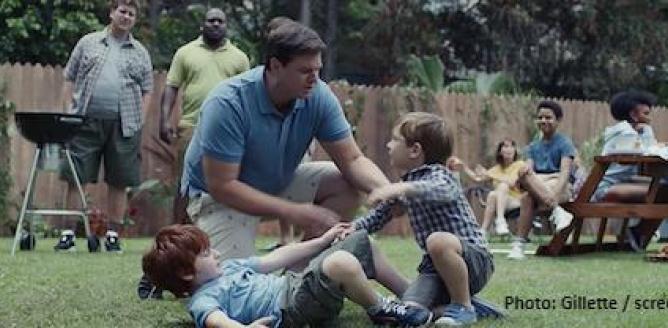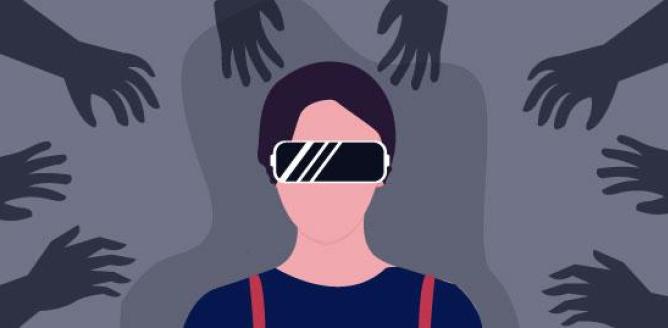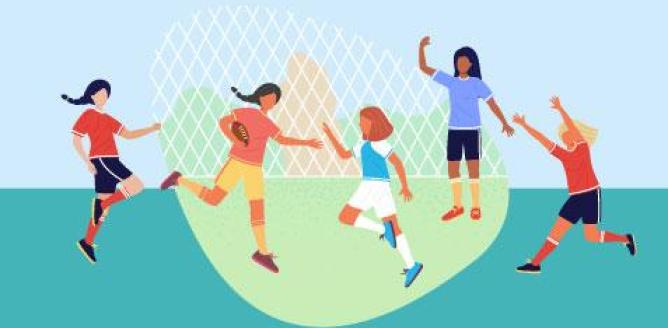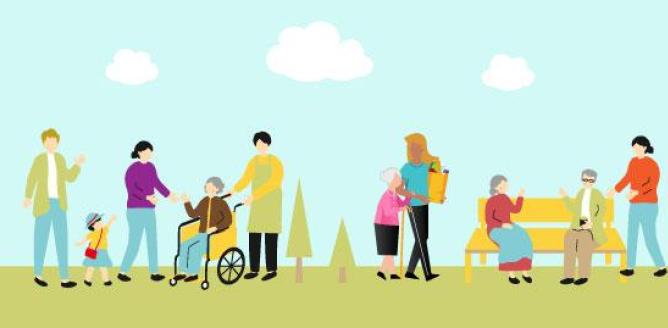“Until men stand up and say, ‘This harassment, this abuse, these assaults are wrong,’ nothing will change. Men need to hold other men accountable” – Terry Crews, American actor and #MeToo activist
“Is this the best a man can get?” a voiceover asks in the new Gillette commercial that was unveiled mid-January. The question is a new take on “The Best a Man Can Get” tagline that has defined the shaving company’s advertisements for three decades. Tapping into the #MeToo spirit, the new ad sends a strong message against toxic masculinity, bullying and sexism.
The Gillette commercial won praise from both women’s rights activists and male allies. However, the ad also unleashed anger from some sectors. Critics called for boycotting Gillette products and shared photos of Gillette razors in trash bins and toilet bowls. British TV host Piers Morgan called the commercial a “pathetic male-hating ad”.
The backlash demonstrates that the conversation about toxic masculinity is sorely needed. Sadly, Hong Kong is not immune to this behaviour. A survey conducted by the Equal Opportunities Commission, released this week, reveals that nearly 25% of the city’s university students have been sexually harassed, with victims reporting casual sexual comments or jokes are the most common forms of harassment.
Toxic masculinity not only harms women but also men. Days before the Gillette commercial was released, the American Psychological Association issued its first guidelines to help psychologists treat men and boys. The “Guidelines for Psychological Practice With Boys and Men” gives a warning on the harmful effects of toxic masculinity.
Apart from limiting men’s psychological development, traditional masculinity ideology “has also been shown to … negatively influence mental health and physical health,” the report says. The ideology also drives male violence, which plays a role in the grim fact that men commit 90% of violent crimes. It is also linked to sexual harassment, homophobia and bullying – the same damaging behaviours we see in the ad.
Engaging men and boys in contributing to creating a gender equal city is high on TWF’s agenda. Last year, we held a panel discussion “Men’s Engagement in #MeToo”, inviting both female and male panelists to share their views on the movement. Our Male Allies comprise a group of committed male leaders who are changing mindsets, behaviour and practices within their organisations to create an inclusive environment for both women and men.
Society is progressing and evolving. Gender stereotypes are actively being challenged and debated. The commercial sector is increasingly calling for change around harmful stereotypes through powerful advertisements such as Gillette. Let’s continue this momentum to debunk and deconstruct gender stereotypes for a more gender equal Hong Kong.
Get in touch at Fiona.Nott@twfhk.org.





















